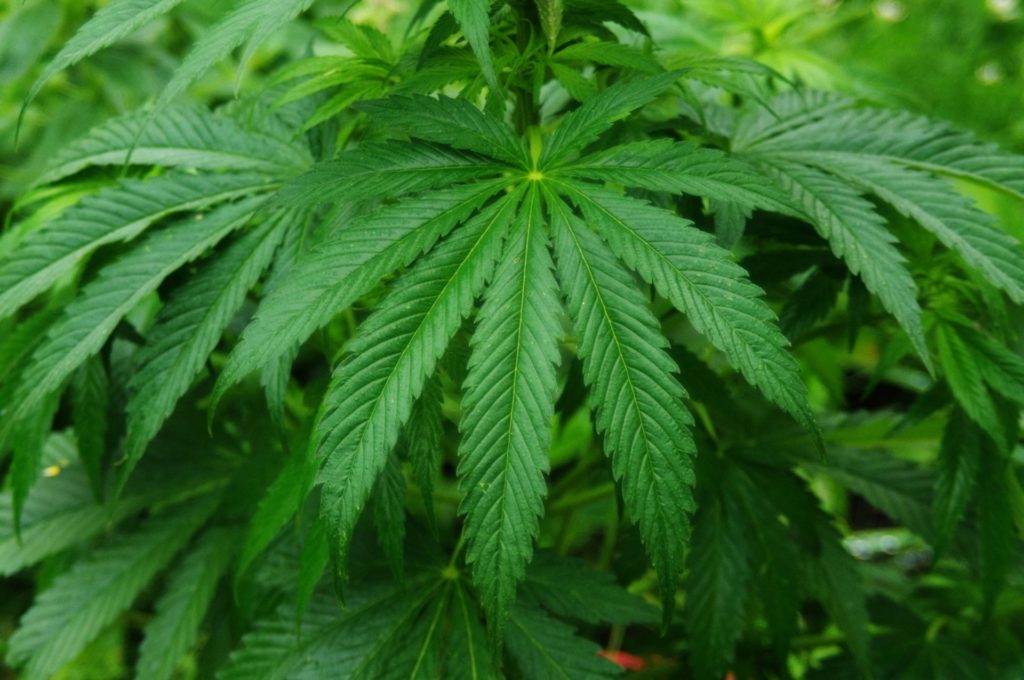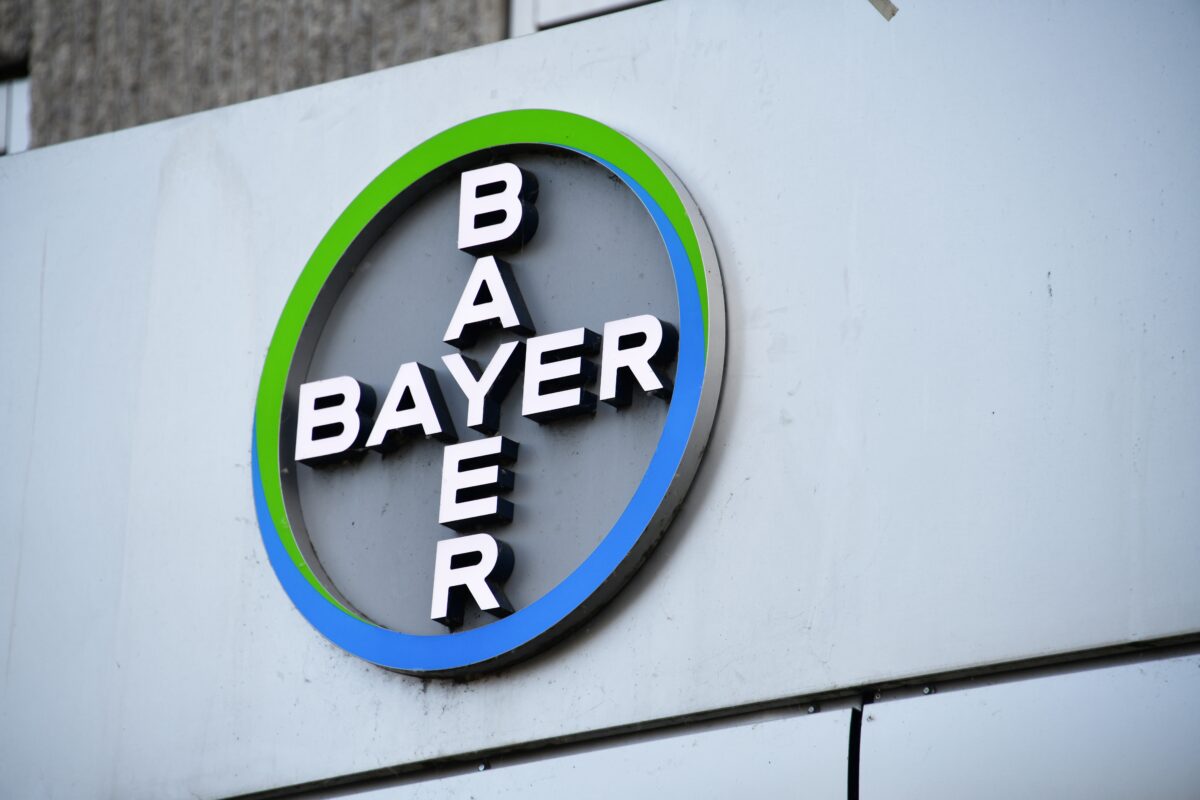A new study published in the journal Pediatrics has found that 92 percent of providers would be willing to help their pediatric cancer patients gain access to legal, medicinal cannabis. Of the 288 respondents to the survey, about one third reported having received requests for medicinal cannabis from patients and their caregivers.
However, issues surrounding dosing potency and unestablished formulation standards were commonly cited as reasons why physicians would be hesitant to recommend medicinal cannabis to their patients. Furthermore, providers who are legally eligible to certify for medicinal cannabis were the most cautious when making prescribing decisions.
“It is not surprising that providers who are eligible to certify for medical marijuana were more cautious about recommending it, given that their licensure could be jeopardized due to federal prohibition,” said co-author Dr. Kelly Michelson, Critical Care physician at Ann & Robert H. Lurie Children’s Hospital of Chicago. “Institutional policies also may have influenced their attitudes. Lurie Children’s, for example, prohibits pediatric providers from facilitating medical marijuana access in accordance with the federal law, even though it is legal in Illinois.”
The survey found that providers were asked for prescriptions for medicinal cannabis to help relieve symptoms such as nausea, vomiting, pain and loss of appetite. Michelson and her colleagues also found that physicians were more open to providing a prescription for cannabis if pediatric patients had advanced cancer, or were nearing the end of life.
This reluctance to prescribe cannabis to young patients in the early stages of disease is consistent with current usage guidelines in the US. The American Academy of Pediatrics (AAP) recommends that medicinal cannabis be provided to “children with life-limiting or seriously debilitating conditions.”
In all, 63 percent of physicians were not concerned about the potential for substance abuse in children. The absence of guidelines for providing pediatric cancer patients with medicinal cannabis was one of the providers’ greatest concerns, and just two percent of respondents said that the drug is never appropriate for this patient population.
“In addition to unclear dosage guidelines, the lack of high quality scientific data that medical marijuana benefits outweigh possible harm is a huge concern for providers accustomed to evidence-based practice,” said Michelson. “We need rigorously designed clinical trials on the use of medical marijuana in children with cancer.”












Join or login to leave a comment
JOIN LOGIN